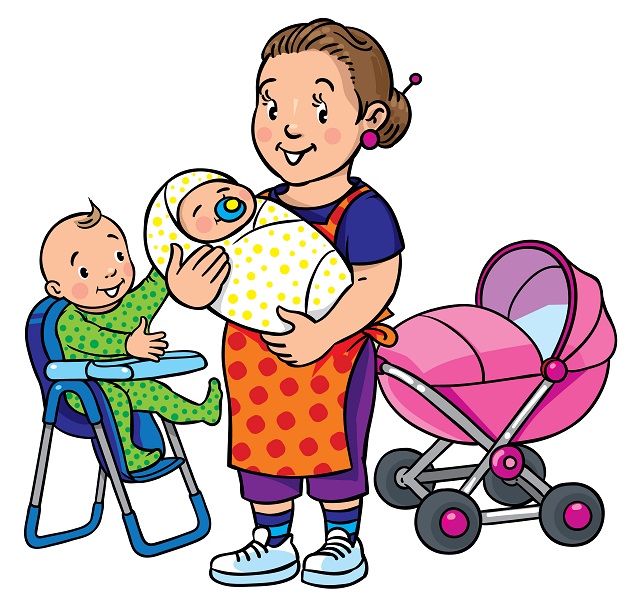Caffeine and Fertility
Delayed conception
Many studies have found that high level of caffeine intake delayed conception.
In a study by Stanton & Gray published on the American Journal of Epidemiology, it was found that women with high caffeine consumption took a longer time to conceive compared to women who consumed little or no caffeine.
The study found that the risk of waiting for more than or equal to 1 year before successfully conceiving was 265% higher for non-smoking heavy caffeine users as compared to non-smoking non-caffeine users. High-caffeine users in this study referred to a consumption of more than or equal to 300mg of caffeine each day.
Increased risk of miscarriage
Research has shown that caffeine consumption may increase the risk of miscarriage.
In an article "Caffeine Intake and the Risk of First-Trimester Spontaneous Abortion" published in the New England Journal of Medicine, the authors concluded that more spontaneous abortions occurred in women who ingested at least 100 mg of caffeine per day than in women who ingested less than 100 mg per day.
Although there is contradicting research that show no correlation between consumption of caffeine and miscarriage, to be safe, women who are trying to conceive should reduce the consumption of caffeine to less than 300mg per day.
How does it affect fertility?
Increasing insulin resistance
Caffeine may increase insulin resistance in the body. Excess insulin increases the level of testosterone in the body, and this increased testosterone can inhibit ovulation in women. Without proper ovulation, conception is impossible.
Reducing activity of fallopian tube
According to a study published in the British Journal of Pharmacology, caffeine reduces the muscle activity in the fallopian tubes which carry eggs from the ovary to the womb.
Mineral loss
Caffeine can cause our body to excrete minerals such as calcium, zinc an iron, through urine. Minerals are essential for fertility in many ways. Excessive caffeine consumption may therefore lead to mineral deficiency which can cause infertility.
What are some common beverages and foods that contain high levels of caffeine?
Caffeine can be found in the following food and beverages
- Coffee
- Tea
- Carbonated beverage like Cola
- Energy drink like Red Bull
- Chocolate
Sources:
Cnattingius,S.,Signorello,L.B., Anneren,G., Clausson,B.,Ekbom,A.,Ljunger,E.,Granath,F.(2000).Caffeine Intake and the Risk of First-Trimester Spontaneous Abortion.New England Journal of Medicine,343(25), 1839-1845. doi:10.1056/nejm200012213432503
Stanton,C.K.,&Gray,R.H.(1995).Effects of Caffeine Consumption on Delayed Conception.American Journal of Epidemiology,142(12),1322-1329. doi:10.1093/oxfordjournals.aje.a117600








